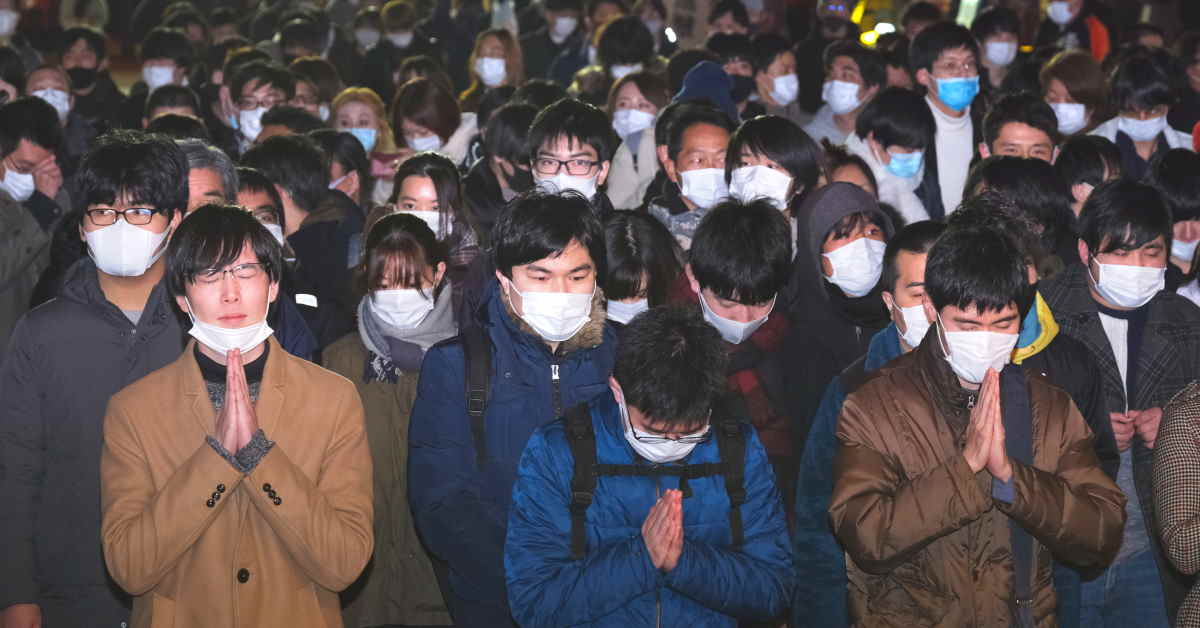Tokyo's governor on Saturday asked Japan's central government to declare a new state of emergency as the country battles a third wave of the coronavirus, with record numbers of new cases.
Yuriko Koike, joined by the governors of three neighbouring regions, called for the measure to be imposed in their areas during a meeting with Yasutoshi Nishimura, the minister in charge of the coronavirus response.
Japanese officials have in recent weeks asked restaurants and businesses to close early and urged people to stay at home, measures that Koike said were having "some effect".
"But considering the number of cases and the situation of the medical system in Tokyo and the three neighbouring prefectures, we decided it was necessary to immediately and thoroughly curb the movement of people," she told reporters.
Nishimura, who earlier this week said a state of emergency could be necessary if cases continued to rise, said the government viewed the situation as "serious" and would discuss the request.
He said he had asked governors to request businesses further shorten their hours and that residents avoid non-essential outings after 8.00 pm.
On Thursday, Tokyo reported more than 1,300 new cases, far exceeding the previous high of 949 cases set late last month, with nationwide infections also breaking records.
Japan imposed a first state of emergency in spring.
The measure allows local governors to call on businesses to close and to request people stay at home. It carries no penalties for non-compliance, but the requests were widely observed this spring.
Six Months Until Olympics
There was no immediate word on whether the governors would seek school closures. Japan was one of the first countries in the world to shutter schools, with then prime minister Shinzo Abe calling for closures in February.
Japan has had a milder pandemic than many other countries, with about 3,500 deaths since its first case in January.
It has also avoided the harsh lockdowns seen elsewhere, with no legal mechanism to enforce closure requests and calls for people to stay home.
The government hopes to pass legislation allowing penalties for non-compliance in the next parliament session this month.
Prime Minister Yoshihide Suga, who took office this autumn after Abe resigned, has been criticised for his government's response to the new wave of infections, and in particular its support of a controversial programme promoting domestic travel.
The programme has been suspended over the new year – when many Japanese travel to visit family – and government officials have urged people to stay home to help suppress the new wave.
The government has been reluctant to impose a new state of emergency, for fear of the economic impact.
The new spike in infections comes little more than six months before Tokyo is set to host the virus-delayed Olympic Games.
Tokyo 2020 was postponed last spring as the scale of the pandemic became clear, but despite optimism from officials and organisers, most of the Japanese public is opposed to holding the Games this summer, favouring a further delay or outright cancellation. – AFP
